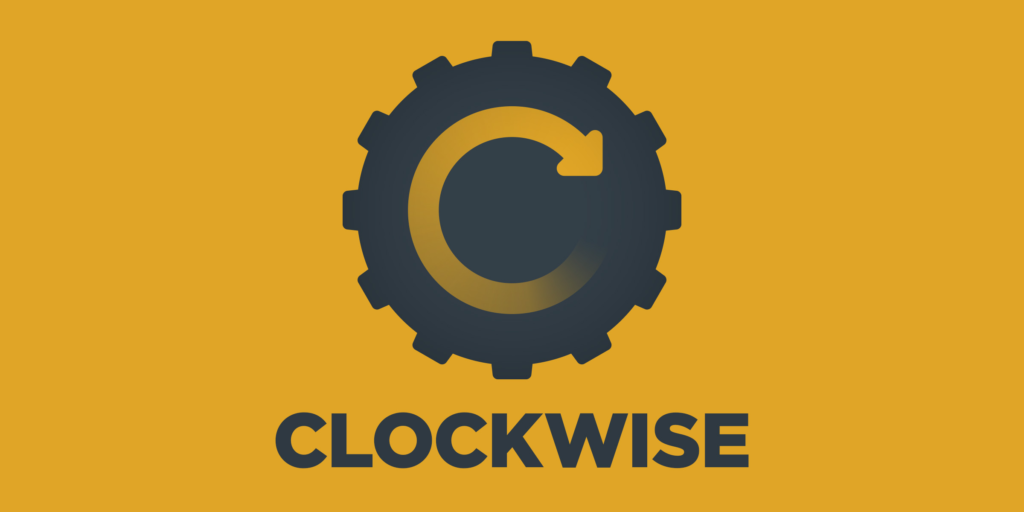github: https://github.com/Ocean-Moist/rohlang3
I’ve long been obsessed with minimalistic languages that still manage to have expressive power. My usual approach: start with a bare-bones combinator calculus (like SK), then keep adding “one more extension” until it looks suspiciously like a full-blown typed language. rohlang3 is exactly that experiment. It’s a small language built in Rust that tries to be point-free, homoiconic, and (somewhat) dependently typed, all on top of an SK-like foundation—plus reflection, partial evaluation, and a weird environment reordering system.
I also have no formal education in these fields so I could have some fundamentally misunderstanding about any of these topics.
the core idea
At its heart, rohlang3 is the standard s and k combinators:
s: (sfgx)→(fx)(gx)(s f g x) \to (f x)(g x)k: (kxy)→x(k x y) \to x
But that alone wasn’t enough for me. I piled on new combinators for reflection (q and e), partial evaluation (z), environment reordering (i, E, D), and a Pi/Sigma-style dependent type system (p, g). It definitely breaks “pure minimalism,” but it’s also what makes rohlang3 interesting to hack on.
why dependent types?
I wanted some notion of dependent types so I could treat the language as if it were a mini proof system (even though that’s kind of precarious). We have a single universe u. You can do (p u u) for a Pi type or (g u u) for a Sigma type—both reflect a simplified (read: incomplete) approach to higher-level type theory. It’s enough to write small examples like (pu(ku))(p u (k u)) or (gu(i))(g u (i)).
Yes, there are well-known issues with having Type : Type (a single universe) if you’re aiming for total consistency, but I’m not losing sleep over it. The point was to see if I could make a “dependent SK calculus,” not to prove it bulletproof.
reflection & partial eval
One of my favorite parts is the reflection combinators q (quote) and e (evaluate). So you can do (e (q (s (k k) x))), and if it type-checks, rohlang3 “splices” it back into runtime. It’s like a minimal Lisp macro, except you’re still living in an SK world. There’s also (z expr), which tries partial evaluation on expr. If it recognizes certain patterns—like (s (k k) something)—it can simplify them on the spot.
environment reordering
I wanted a built-in notion of a “typing context” that you can reorder at runtime. This is where i, E, and D show up:
i: references the top of the context (like “the most recent binder”).E: exchanges the top two binders.D: duplicates the top binder.
So you can do (E someExpr) to swap the top two context elements, then evaluate someExpr. People used to neat, lexically scoped languages will probably find it weird. I find it weird too, but that’s the point.
homoiconicity
rohlang3 is “homoiconic” in the sense that code is just an AST you can quote and manipulate. Once you parse an expression like (p u (k (p u (k u)))), you can reflect or partially evaluate it. The AST is just a handful of atoms and App(...) nodes, so it’s easy to manipulate from inside the language if you want to get meta.
limitations
I’m not aiming to overthrow standard type theories or run production apps on rohlang3. There’s no illusions that it’s 100% consistent, or that it handles real-world performance or advanced features. This was mainly a personal playground for me to explore how these different concepts might fit together.
I also cannot write this language, like I am not close to grokking it.
Premium IPTV Experience with line4k
Experience the ultimate entertainment with our premium IPTV service. Watch your favorite channels, movies, and sports events in stunning 4K quality. Enjoy seamless streaming with zero buffering and access to over 10,000+ channels worldwide.
















